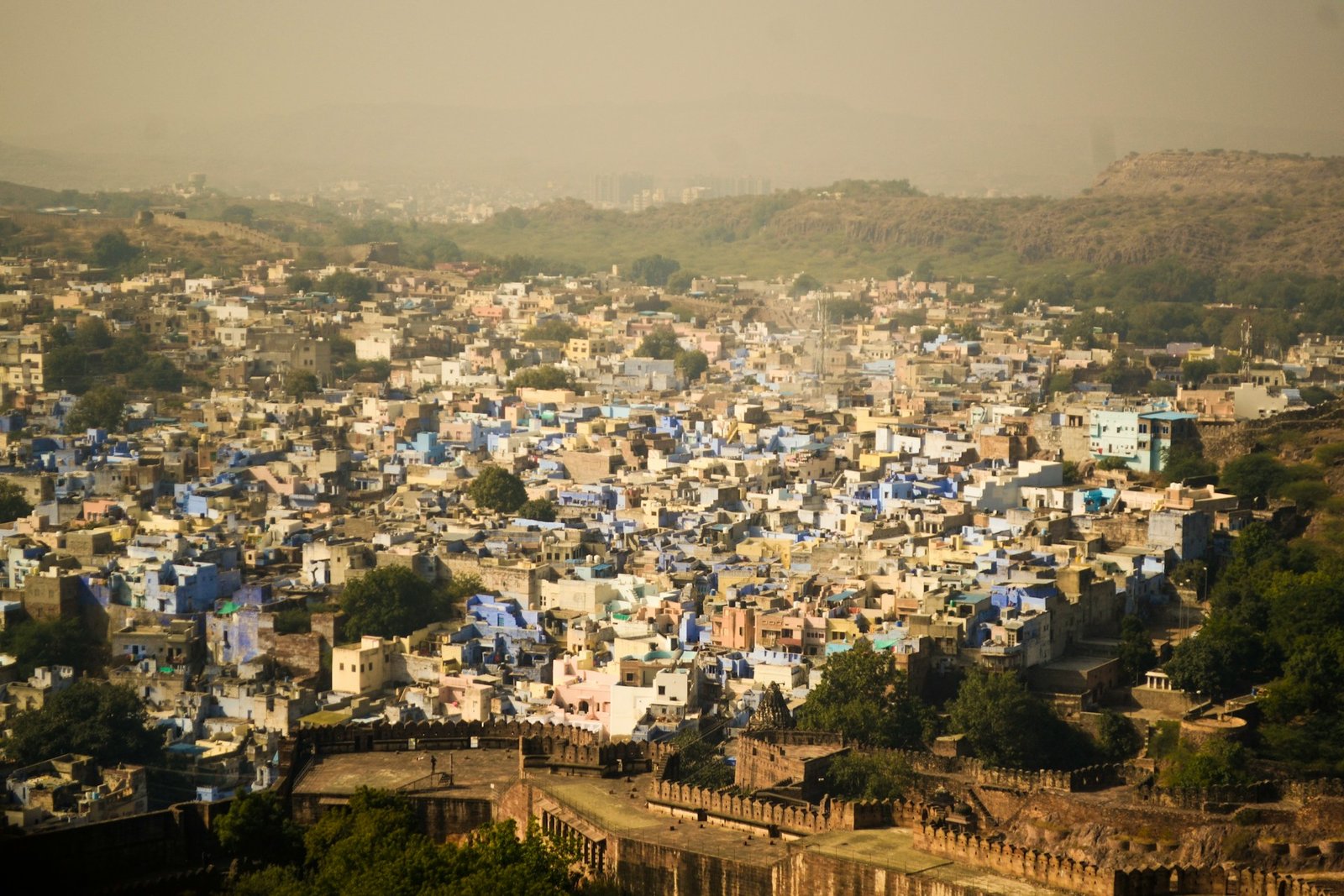Christian missions in India in 2024

Table of contents
A complex and increasingly challenging environment
Christian missions in India are currently navigating a complex and increasingly challenging environment. The landscape for Christian communities has become more precarious, marked by a significant rise in persecution and hostility from various quarters. In 2023, there were 601 documented cases of persecution against Christians, a sharp increase from previous years. This trend has continued into 2024, with 161 incidents reported in just the first 75 days, underscoring the escalating tensions Christians face across the country.
The most severe cases have been reported in states like Uttar Pradesh and Chhattisgarh, where Christians, especially pastors and rural believers, face frequent violence, false accusations of forced conversions, and other forms of harassment. The situation in Uttar Pradesh, under the leadership of the Hindu nationalist Bharatiya Janata Party (BJP), is particularly concerning, with numerous reports of state-sponsored targeting and complicity in these attacks. Pastors have been arrested or detained based on fabricated charges, and Christian gatherings have been disrupted violently, illustrating the deteriorating conditions for religious freedom in the region.
Despite these challenges, Christian missions in India continue to adapt and find new ways to engage with communities and spread the Gospel. There is a renewed focus on grassroots movements, indigenous leadership, and cross-cultural collaboration to sustain and grow Christian outreach. The resilience of the Christian community in India is evident in their ongoing efforts to stand firm in their faith and seek innovative avenues for mission work, even in the face of increasing persecution.
Moreover, these missions are not only focused on evangelism but also on social justice, education, and humanitarian aid, addressing the needs of marginalized and oppressed communities. In some areas, Christian organizations are working closely with other religious and secular groups to promote peace, justice, and reconciliation amidst the growing religious and political tensions.
VOM’s reclassification
The Voice of the Martyrs (VOM) has recently reclassified India as a “restricted nation” in its latest global prayer guide, a significant change from its previous status as a “hostile area.” This reclassification reflects the increasing severity of Christian persecution in India, which is now seen as being driven directly by the national government under Prime Minister Narendra Modi.
Under Modi’s leadership, India has witnessed a marked rise in Hindu nationalism, which has been supported and encouraged by the government. This ideology, known as Hindutva, seeks to establish India as a purely Hindu nation, often at the expense of religious minorities, including Christians. As a result, anti-conversion laws have been enacted in various states, and incidents of violence against Christians have escalated.
The “restricted nation” designation indicates that government-sanctioned policies or anti-Christian laws are leading to the harassment and loss of civil liberties for Christians. This is a departure from the “hostile area” classification, where persecution is primarily carried out by non-governmental actors like extremist groups or local communities. In India’s case, the government is now perceived as an active participant in the persecution of Christians, rather than a protector of religious freedom.
The recent national elections in India further heighten concerns among Christian communities. Modi’s third term has many fearing that the persecution will intensify as he stays in power, albeit with less of a power structure as compared to the earlier term. Christian leaders and organizations are urging believers to pray for courage and perseverance, as they face growing opposition both from the government and society at large. VOM’s reclassification of India underscores the urgent need for international awareness and advocacy for religious freedom in the country. The shift in status highlights the deteriorating conditions for Christians in India, where the government’s role in persecution is becoming increasingly prominent.
In light of these developments, organizations like VOM are calling for global prayer and support for Indian Christians, who continue to face significant challenges to their faith and freedom in a climate of growing hostility. This situation reflects a broader trend of declining religious freedom in India, driven by an aggressive nationalist agenda that seeks to marginalize and suppress religious minorities.
In conclusion
In conclusion, while Christian missions in India face significant obstacles, they remain steadfast in their commitment to their mission. The challenges they encounter underscore the importance of resilience, creativity, and solidarity in the face of adversity. The ongoing efforts of these missions reflect a deep-rooted faith and a determination to continue their work, regardless of the difficulties they face.
